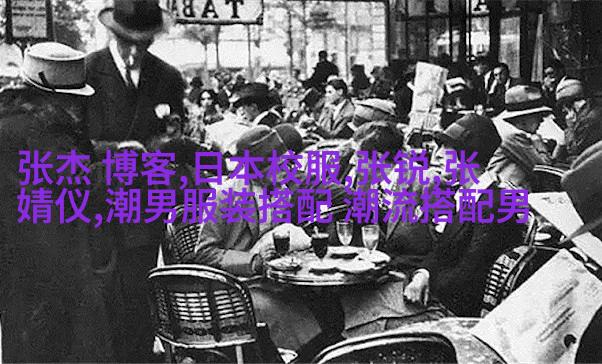Stepping Back in Time The Enduring Allure of Retro
The allure of retro-style English literature has been captivating readers for decades. Its unique charm, evoking a bygone era, continues to captivate audiences worldwide. In this article, we will delve into the world of vintage English and explore what makes it so alluring.

Introduction to Retro Style
Retro style is characterized by its use of outdated elements from previous eras. This can include fashion, music, and even language. In the case of retro-style English literature, it refers to works written in an antiquated style that was popular during earlier periods such as the Victorian or Edwardian eras.

The Birth of Retro Style
The roots of retro style can be traced back to the early 20th century when people began looking back at past eras with nostalgia and admiration. As a result, many artists and writers sought inspiration from these times to create their own unique styles.

Characteristics of Retro Style
Retro-style writing often features complex vocabulary and sentence structures reminiscent of older literary works such as those written by Jane Austen or Charles Dickens. These authors were known for their intricate plots and detailed descriptions which added depth and complexity to their stories.

Revivalism vs Nostalgia
While some may argue that revivalism (the act of reviving something) is simply a form of nostalgia (a sentimental longing for the past), there are key differences between the two concepts in terms of how they affect our perception and interpretation.

Revivalism involves actively seeking out information about past events or culture while nostalgia typically involves passively recalling memories associated with them.
In other words,
revivalism encourages active engagement with history whereas nostalgia encourages passive reminiscing about it.
5.Rise Of Pop Culture And Its Influence On Language Usage
Pop culture has had a significant impact on modern-day language usage including slang terms like "lit" or "savage". However,
it's important not overlook how pop culture also influences our understanding & appreciation for classic literature as well
For example,
in recent years there have been several adaptations & reimagining's
of classic novels set within contemporary settings which often feature updated versions
of characters' dialogue using modern slang but maintaining core themes & storylines
6.The Power Of Storytelling Through Language Use
Storytelling is one part artistry skillfully crafted through masterful language use; another part ancient tradition passed down through generations - both physical & spiritual; timeless yet ever-evolving.
7.The Role Of Education In Preserving Cultural Heritage Through Language Use
Education plays an essential role in preserving cultural heritage through language use by providing students with opportunities to learn about different historical periods via texts written during those times thus fostering empathy towards others who lived before us - helping us understand why certain phrases became commonplace while others fell out-of-favor over time leading up-to present day where technology reigns supreme but still holds onto cherished traditions from yesteryear
8.Conclusion: Why We Should Cherish Our Literary Legacy And Preserve It For Future Generations
As much as technology advances rapidly shaping new ways communication happens amongst humans everyday life becomes more digitized making connections harder than ever before henceforth we should cherish our literary legacy because reading books isn't just about getting lost within pages filled w/ words but rather becoming aware ourselves place within history that shapes future generations alongside countless other factors influencing societal progress overall